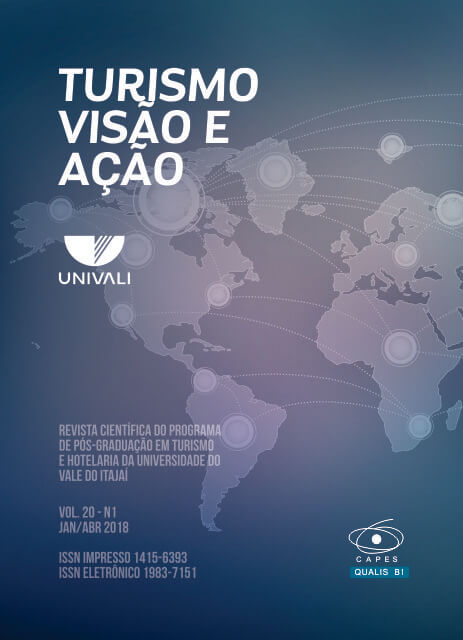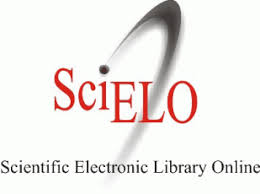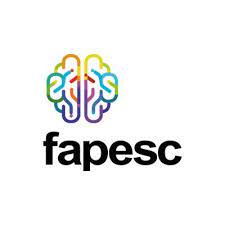An analysis of travel consumption by residents of the community of Rocinha in light of Holt’s taxonomy
DOI:
https://doi.org/10.14210/rtva.v20n1.p105-131Keywords:
Low-income consumers, Meanings, Travel, Outbound tourism.Abstract
Consumers from low-income communities, once discriminated against, are now increasingly present in tourism destinations, whether due to increased access to travel thanks to more competitive airfares, or to the increased income that these consumers now enjoy. Therefore, travel consumption can be seen as a phenomenon that goes beyond its merely utilitarian aspect of moving from one place to another for rest and relaxation. It is filled with symbolic aspects, which are often influential in the purchase decision. This work investigates these meanings in the consumption of travel by clients from the community of Rocinha, Brazil. Holt’s metaphors were adopted as the theoretical framework and parameter for analysis of the meanings observed in the interviewees’ discourses. These metaphors represent classifications of meanings of consumption seen from the perspectives of possible service-mediated interaction between people. The data collection was performed through 12 in-depth interviews with clients, followed by triangulation with two travel agents in Rocinha. The interviews were coded, then submitted to content analysis following Bardin’s protocol. The study is qualitative, with an interpretative approach. Therefore, it does not seek to generalize its findings.Downloads
Download data is not yet available.












